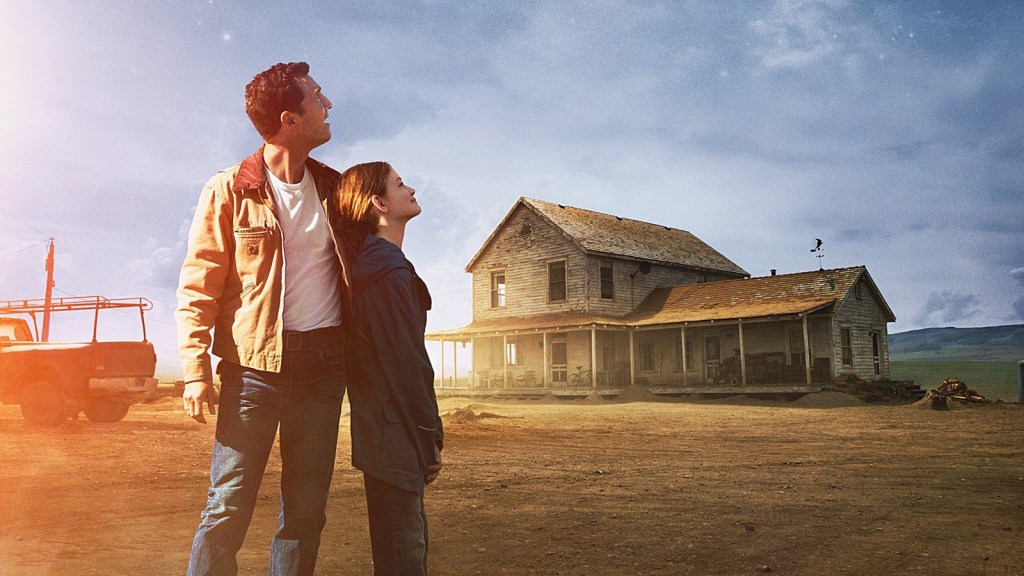The Superversive Literary Counterinsurgency has published its mission statement. Here are the opening paragraphs. As it only appropriate for a movement of storytellers, it begins with a story:
Any new venture needs a mission statement. So, what are the goals of the Superversive Literary Movement?
Well…let me tell you a brief story.
As a child, I distained Cliffsnotes. I insisted on actually reading the book. I would like to instill the same virtue in my children. But recently, I made my first exception.
My daughter had to read Steinbeck’s The Pearl for class. We read it together. She read part. I read part. The writing was just gorgeous. The life of the people involved drawn so lovingly. The dreams the young man had for his baby son were so poignant, so touching.
Worried about what kind of book this might be, I read the end first. It looked okay. So, we read the book together.
Turns out, I had missed something—the part where the baby got shot.
Not a happy story.
Next, she brought home Of Mice and Men. We started it together. What a gorgeous and beautifully writing—the descriptions of nature, the interaction between the two characters. A man named George, who could be off doing well on his own, is taking care of a big and simple man named Lennie, who accidentally kills the mice he loves because of his awkward big strength. In George, despite his gruff manner and his bad language, we see a glimpse of what is best in the human spirit, a glimpse of light in a benighted world.
The scene of the two camping out and discussing their hopes of someday owning their own little farm, where Lennie could tend rabbits, was so touching and hopeful, so filled with pathos and sorrow, and so beautifully written. Steinbeck is clearly one of the great masters of word use.
But I remembered The Pearl. I glanced ahead, but this time, I looked more carefully.
On the next to last page, while discussing how their hoped-for little farm with rabbits is almost within their grasp, George presses a pistol against the back of Lennie’s head and shoots.
Now, in the story, he does it with a terribly heavy heart. He does it for “a good reason”—Lennie accidentally killed someone, but…
That doesn’t make it better.
I sat there holding the remains of my heart, which Steinbeck had just ripped out and stamped on. The devotion of this good man George had led to nothing. All their golden hopes turned to dross, sand.
And it wasn’t just the end. The book was full of examples of “the ends justify the means” type of thinking – such as a man killing four of nine puppies, so that the other five will have a chance.
Very realistic? Check. Very down to earth? Check. Very “the way of the world”? Check.
Why give a book like this to children to read? What are we trying to teach them? That life is difficult and meaningless? That sometimes its okay to kill something we love for a “good reason”? That life is pointless? That dreams and hopes are a sham? That no matter how you try, you cannot improve upon your circumstance, so it’s better not to even hope? (That was what The Pearl was about.)
What possible good is such a message doing our children?
Maybe if a child grew up in posh circumstances and had never seen hardship—maybe then, there would be a good reason for letting them know that “out there” it can get hard.
But this was my daughter—whose youth resembles that of Hansel and Gretel, and not the fun parts about candy houses and witches. There are many things she needs in life—but pathos-filled reminders of how harsh life can be is not one of them.
The book was also full of cursing. I’m not sure I would have noticed, but my daughter kept complaining.
I closed the book and refused to read any more of it. I told her we’d find the answers online. She ended up getting help with it from her brother (who had been forced to read the book at school the previous year) and from a friend.
I’ve seen some of the other books on the school curriculum. Many of them are like this. In the name of “realism,” these works preach hopelessness and darkness.
They are lies!
So, you might ask, why does it matter if our children are being fed lies? They’re just stories, right?
What do stories matter?



